US election hangs in razor-thin balance of Georgia’s divided loyalties and narrow margins
Moderate Republicans in Georgia say they’re torn between the character of the former president and the policies of his rival.
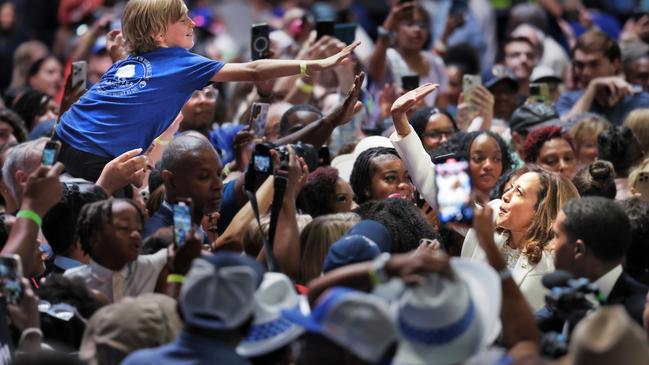
Like so many of her fellow female Americans, Erin Russo longs to see a woman in the White House. The IT worker from the south Georgia city of Valdosta has many reasons to vote for Kamala Harris: politically, she is on the left, she dislikes Donald Trump and she believes in abortion rights.
“It would be wonderful to vote for a woman for president,” Russo, 35, said, before pausing. “It just feels like the wrong woman.”
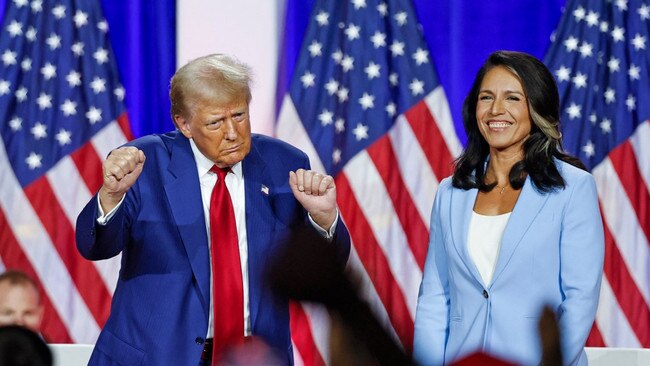
Inflation and the cost of living under the Biden-Harris administration have made her hesitate. “I’m making a decent salary and I can’t afford to live,” she explained. “I feel like I’m living pay cheque to pay cheque. Five or ten years ago, this salary would have been great.”
Russo epitomises the razor-thin balance in which the swing state of Georgia hangs for the presidential election. The way that moderate voters like Russo eventually topple will help to pave a path to the White House for either Trump or Harris.
In the 2020 election Joe Biden scraped home by 11,779 votes, a margin of 0.24 per cent. Still, the electoral map of south Georgia is a sea of red, with Trump the runaway victor in several counties four years ago. But it is in these conservative districts where the Harris campaign hopes to deliver a knockout blow to his hopes of avenging his 2020 defeat.
It is this state of divided loyalties and narrow margins which the vice-president chose as her first campaign stop since the Democratic convention, with a bus tour of southern Georgia.
Targeting rural swing voters far from the Democratic stronghold of Atlanta and its suburbs alongside her running-mate, Tim Walz, Harris dropped in at a high school band rehearsal and a barbecue restaurant before wrapping up her tour with a rally in Savannah on Thursday evening.
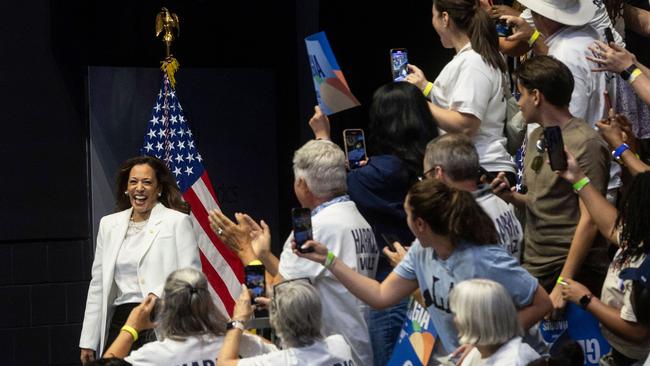
An advertising blitz on social media this week targeted women in particular by focusing on issues like abortion rights and gun violence, expanding on Harris’s pledge to defend basic freedoms if she wins the presidency.
However, Shannon Lanier, 57, a lawyer, said the change on the Democratic ticket had “not changed my views on the race”. She was sceptical of Harris’s attempt to have it both ways, she said; taking credit for parts of Biden’s record while distancing herself from others and promising a “new way forward”.
“I am squarely in the centre of the political spectrum. The Democratic Party left me, because they have shifted so far to the left,” Lanier said. “The freedom agenda that she’s toting, it’s just a label. I don’t buy it at all.”
An independent voter, she was inclined towards voting for Trump and “the party that’s going to stay out of my face”.
For every Lanier, however, it seems there is someone thinking of swinging in the other direction. Suzanne Butler, 29, a teacher who is conservative on many issues, would ordinarily be voting Republican. “If there was a Republican candidate who would help bring the nation together, that would be wonderful,” she said.
But for her, that candidate is not Trump; a man who “only brings more division”, she said. “I will vote for the person who will bring most unity to the nation, and right now I think that’s Harris.”
The vice-president, she added, “is more likely to make friends than enemies”.
In recent months Trump reopened a feud that has split the Georgia Republican Party, in a state he sorely needs to win. His infamous phone call pressuring Georgia officials to “find” enough votes to overturn the 2020 result has left him facing criminal charges. At a rally in Atlanta a few weeks ago the former president launched a tirade at Georgia’s popular Republican governor, Brian Kemp, blaming him for his defeat after Kemp certified the 2020 election.
“He’s a bad guy. He’s a disloyal guy,” Trump said. “And he’s a very average governor.”
Georgia Republicans were stunned. Some walked out. Many were particularly incensed when Trump also attacked Kemp’s wife, Marty, who has fiercely defended her husband since 2020 and said she will not vote for Trump in November.
Trump was unfazed. “I haven’t earned her endorsement? I have nothing to do with her. I don’t want her endorsement,” he said.
Trump’s broadside at the most popular elected politician in Georgia caused panic within the party. “If you want to understand the problem Trump created for himself in Georgia, today on the radio nine out of ten callers are women, and they’re all mad at him for attacking Brian Kemp’s wife,” the Atlanta-based conservative talk show host Erick Erickson wrote on X.
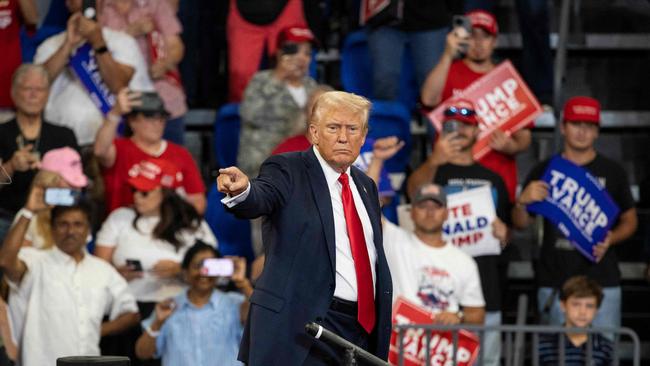
Trump’s running-mate, JD Vance, has also made headlines by putting a foot wrong in Georgia, dropping in unannounced on a Valdosta doughnut shop last week. Struggling to make small talk with a bemused shop assistant who asked not to be filmed, the Ohio senator tried to ease the tension.
“I’m JD Vance. I’m running for vice-president,” he said.
“OK,” the woman replied, nonplussed. The clip went viral.
At Holt’s Sweet Shop this week, Ebony Statum was still bewildered by the encounter. “I didn’t know who he was,” she shrugged.
While Trump worked to mend fences this week with an about-face, thanking Kemp “for all of his help and support in Georgia”, the Harris campaign looked to rekindle old friendships.
The Democrats have opened field offices across the area and recruited scores of volunteers in towns like Valdosta as they look to boost turnout among black voters who backed Biden in 2020 but have since drifted towards Trump, unhappy at inflation and the economy.
On the residential streets off Barack Obama Boulevard, a short drive from downtown Valdosta, there are signs of a Democratic revival.
“Harris-Walz” lawn signs have sprung up outside working-class homes. Six weeks ago, before Biden quit the race, there were none.
At the height of a humid Valdosta day out on her front porch, Treuoise Nash, 79, was thrilled at the opportunity to vote for a black woman. “She’s going to come in with flying colours,” Nash said of Harris, going on to praise Biden for putting the “country first” by stepping aside. Trump, she said, was also “too old”.
“He should be sitting on his front porch, like me,” she joked.
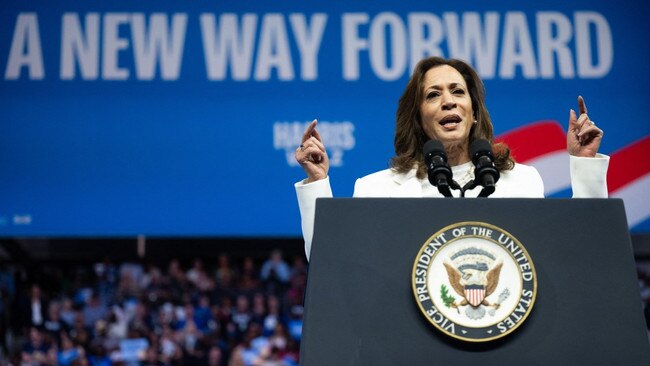
Not everyone is convinced. Sitting outside the restaurant where he worked, Josh Green, 29, was critical of Harris’s perceived attempt to disown her record in government.
“Groceries are going up, gas prices are going up - and I just don’t remember that with Trump. I’m going to be voting for him. Kamala Harris didn’t change my opinion one bit,” he said.
What is clear is that this will be another nail-biting race. Before Harris entered it, the FiveThirtyEight polling average had Biden at 39.2 per cent and Trump at 45.1 per cent in Georgia. Now the state is virtually tied, with Harris leading by 46.5 per cent to 46.1 per cent.
“No county can be ignored if it’s going to be that tight again,” said Pete Fuller, the Democratic chairman for Jackson county in northern Georgia, referencing 2020. “We need the whole state. A few extra percentage points out of these rural counties, even 200 or 300 votes in each, will be the difference.”
The Times

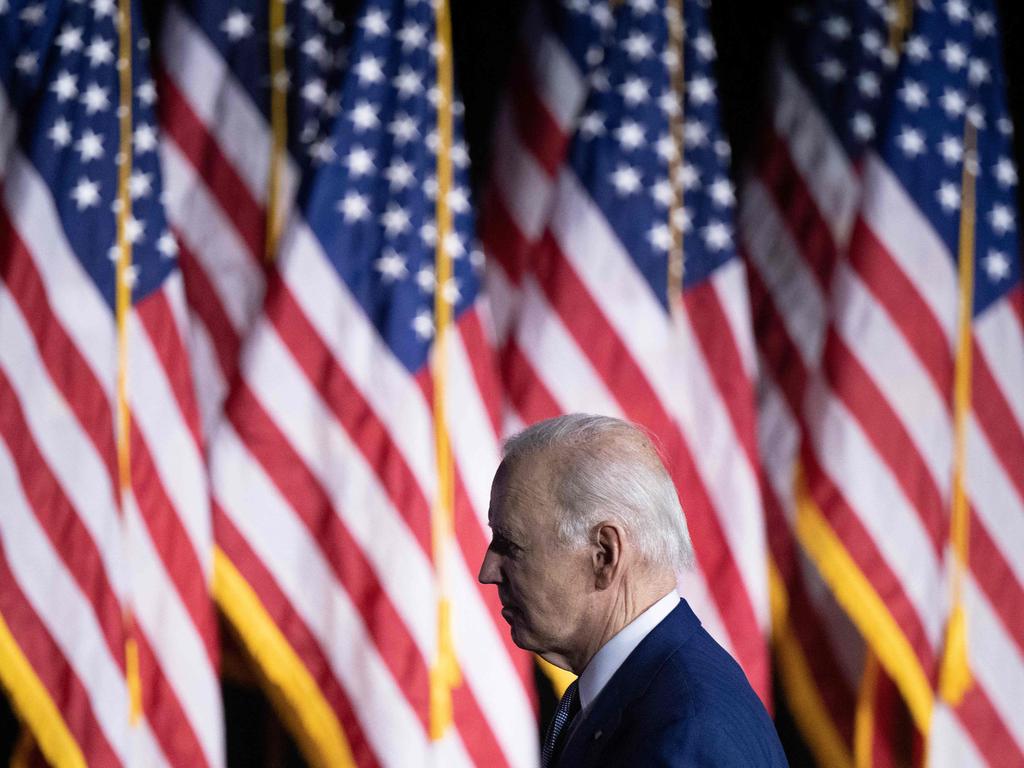
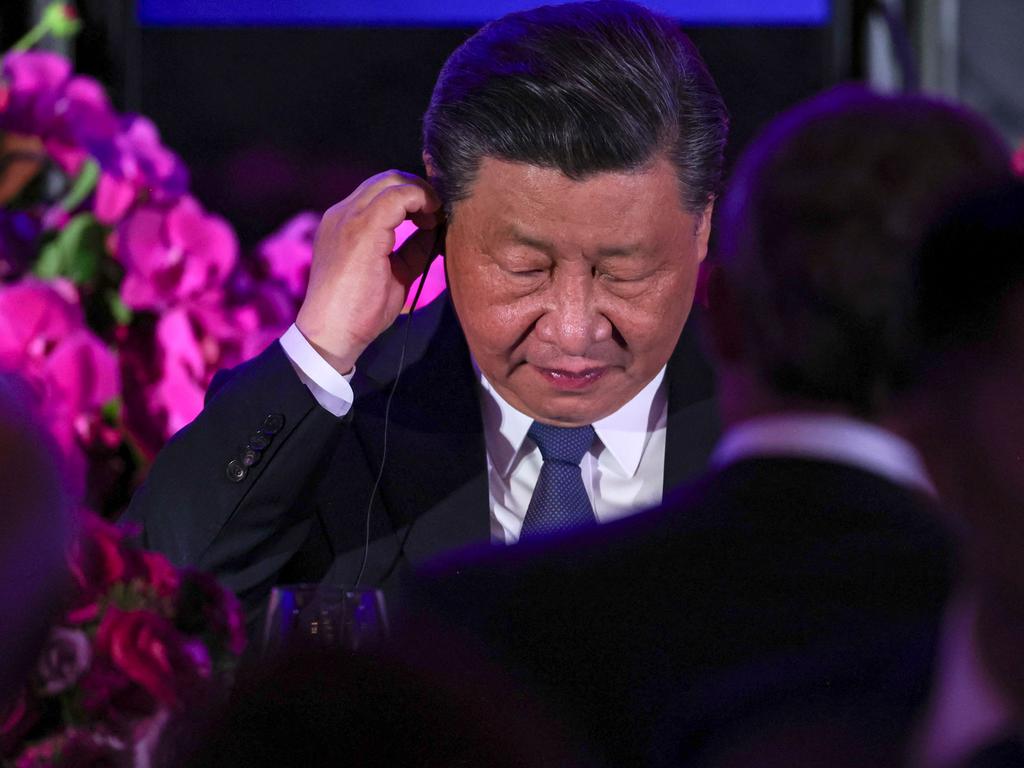
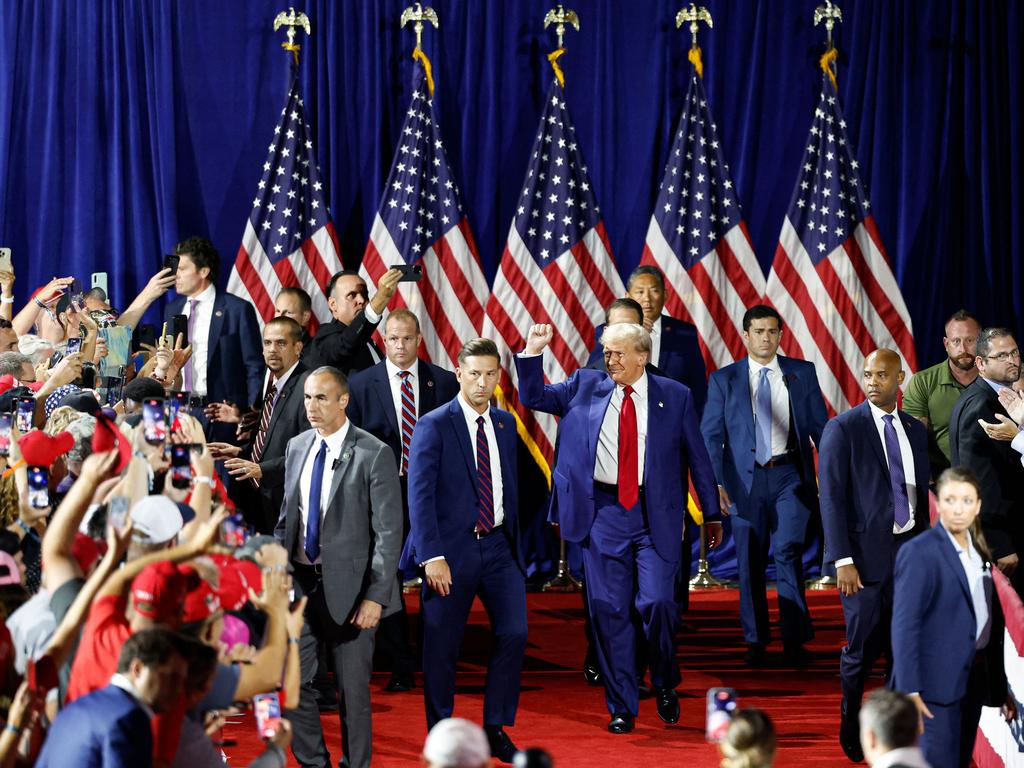



To join the conversation, please log in. Don't have an account? Register
Join the conversation, you are commenting as Logout